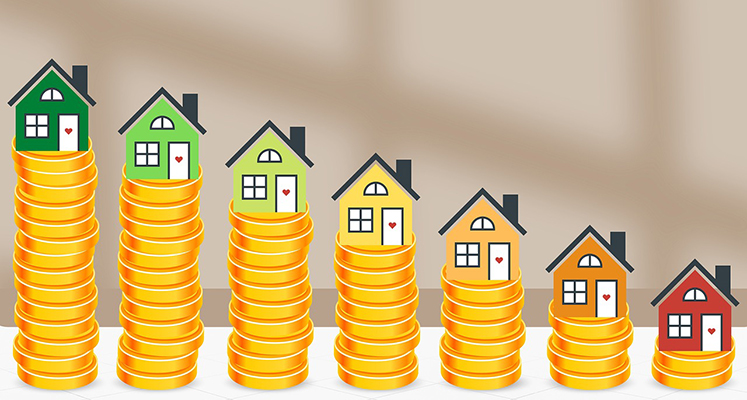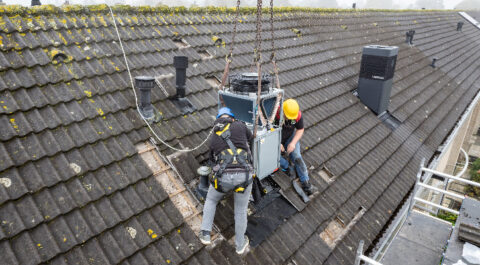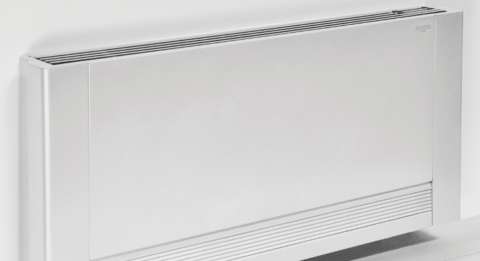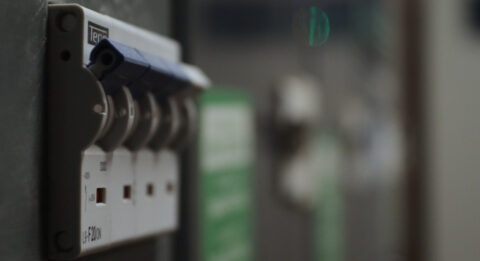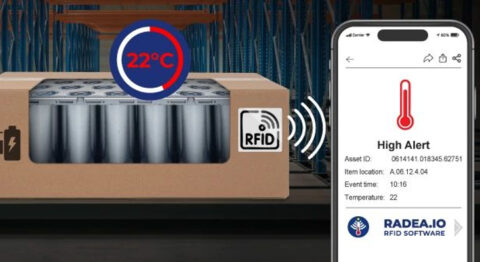It is becoming increasingly difficult for installers to meet all sustainability standards. Techniek Nederland has announced this to outgoing Minister De Jonge of the Interior, in response to an Internet consultation on the proposal to extend the Environmental Performance Calculation Buildings (MPG). Laurens de Vrijer (Head of Employer and Entrepreneurship at Techniek Nederland): "Sustainability standards do not always work in the same direction. It would be good to arrive at one integral sustainability standard."
In principle, Techniek Nederland is in favor of the proposed extension of the MPG. That ensures that new buildings become more sustainable. But the trade association has concerns about feasibility. De Vrijer gives the heat pump as an example. De Vrijer: "According to the requirements for Nearly Energy Neutral Buildings (BENG), it makes sense to choose a heat pump. But based on the tightened MPG standard, the environmental impact of materials in the heat pump is too high. The MPG does not take into account the climate gain of the heat pump throughout its lifetime. With a heat pump, a newly built home no longer consumes natural gas andCO2 emissions fall by half. So the heat pump makes an indispensable contribution to achieving the climate goals. Which standard will soon be given priority and who will determine that? In order to avoid such dilemmas, Techniek Nederland believes that an integral sustainability standard should be established.
'Too little available data'
A good MPG requires data. These are available for most building materials, but are still lacking for many technical installations and components. If it were up to Techniek Nederland, the government would continue to encourage the expansion of available data and give manufacturers financial compensation for this. A second solution is to change the system of environmental declarations. Consideration could be given to a 'light version' of an environmental declaration, making reliable data available more quickly. De Vrijer: "The Netherlands is not an island. We can save costs by aligning as much as possible with European standards for determining the MPG.'
The MPG standard applies nationwide, but enforcement must be done at the local level. Enforcement costs time and money. Techniek Nederland therefore believes that municipalities should be given resources as well as the commitment to take enforcement seriously.
